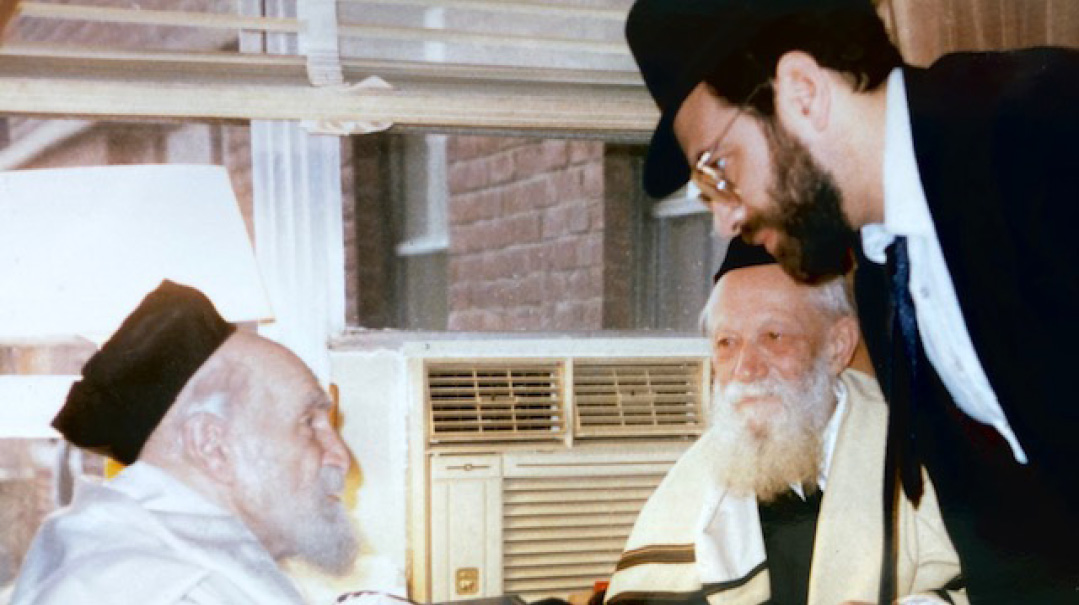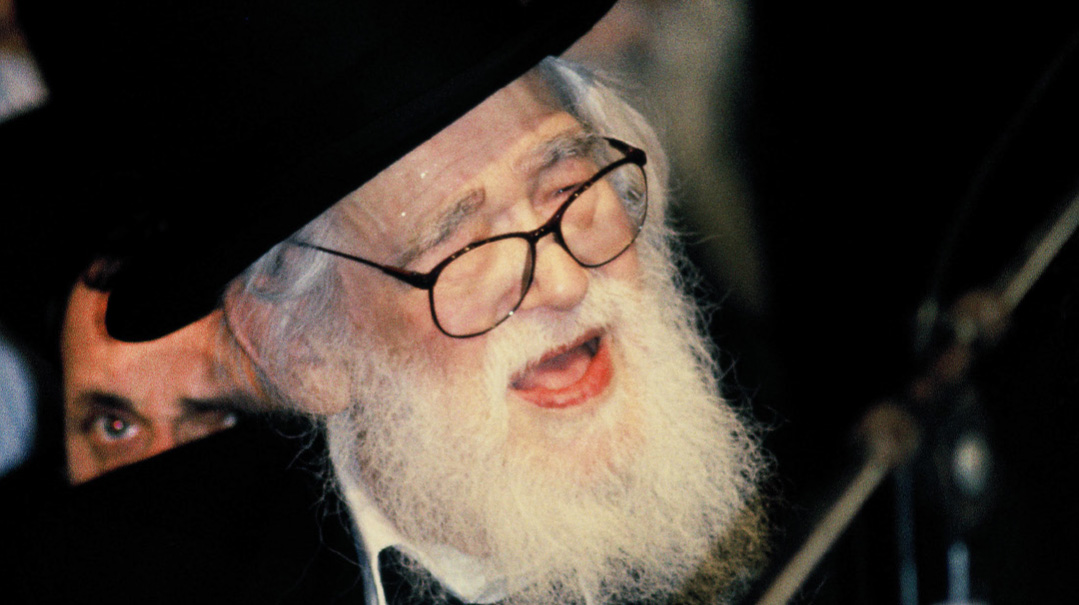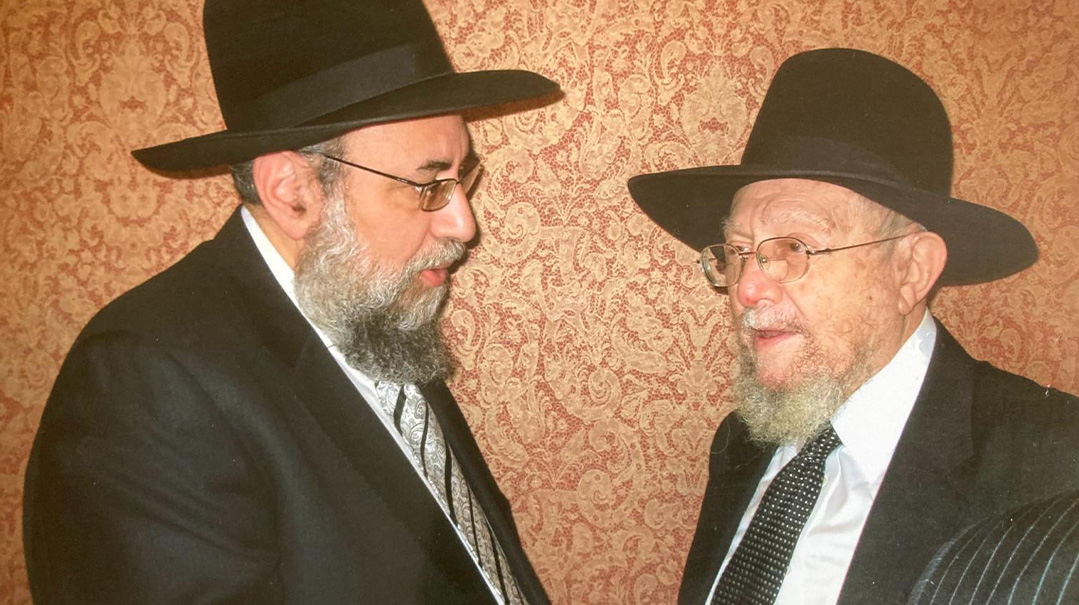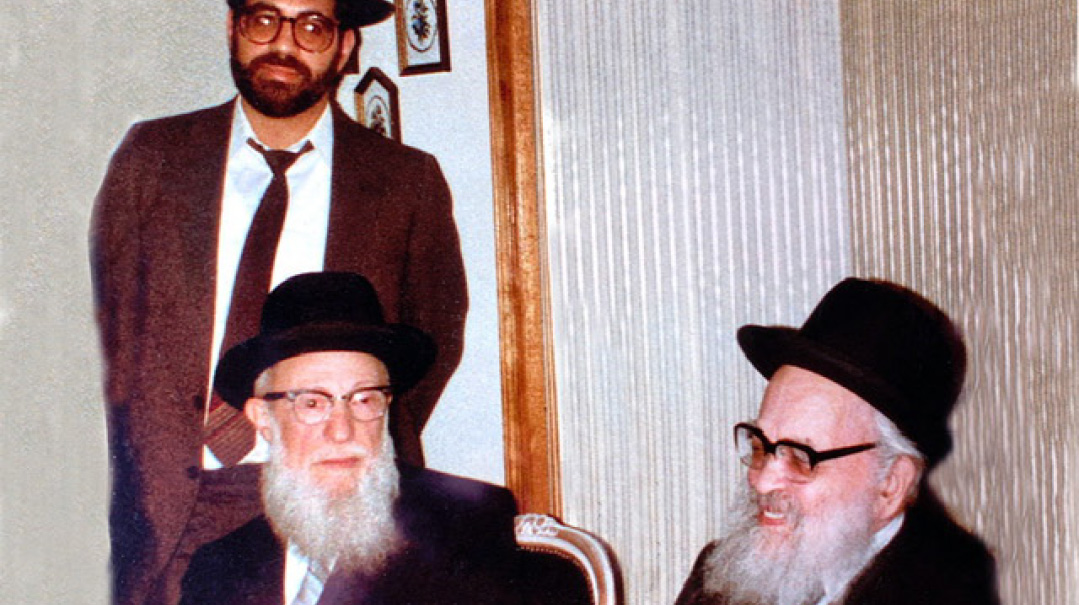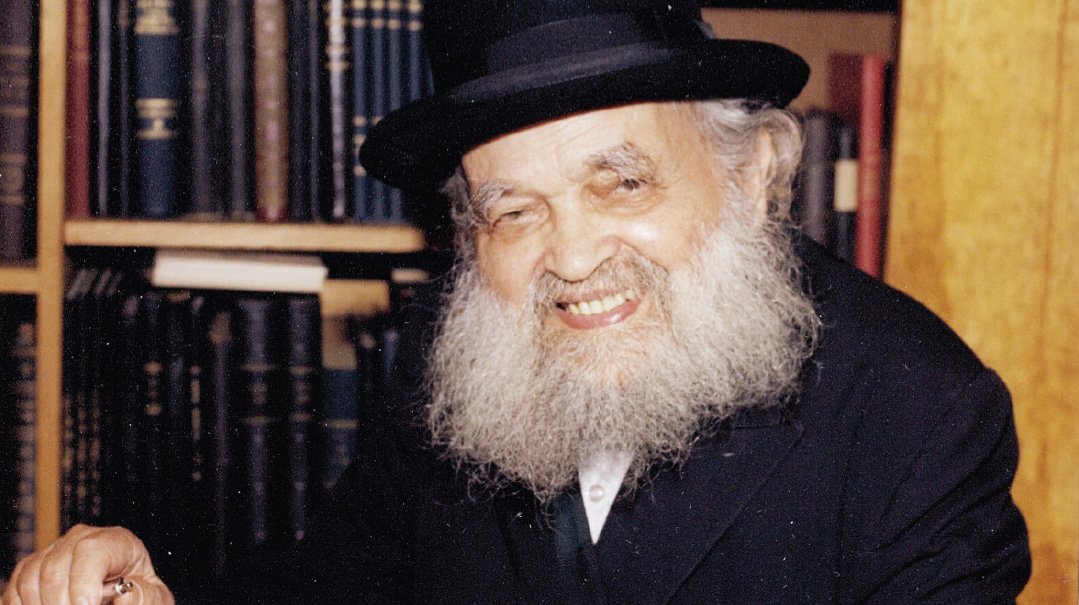In Sights: Issue 989
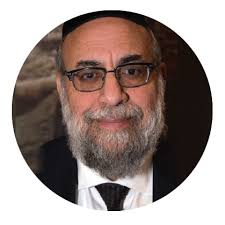
Closeup tales of greatness
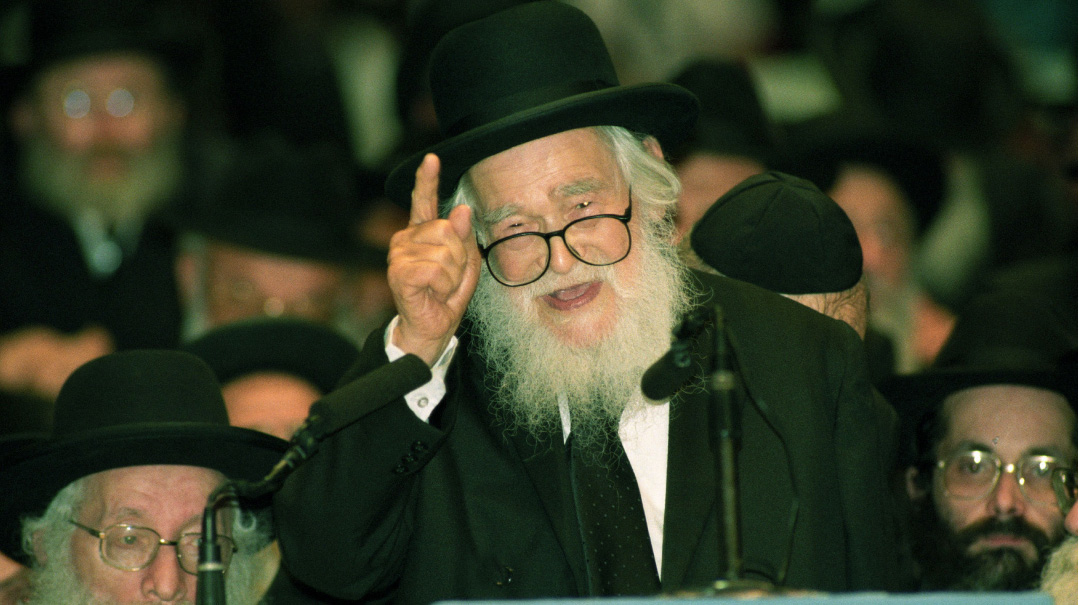
MYgrandparents lived in Bnei Brak, and I was fortunate enough to spend time with them as well as visit many gedolim who lived there. After closely observing the gadol hador Rav Elazar Menachem Shach ztz”l, rosh yeshivah of Ponevezh, I learned that the absolute best time of the week to visit him was on late Friday afternoons. His students were busy preparing for Shabbos, he wasn’t in the midst of preparing shiur, and the crowds were sparse at that time. So whenever I spent Shabbos with my grandparents, I would use the opportunity to visit with the Rosh Yeshivah.
One Friday afternoon, as I was waiting on the short line to speak with him, his grandson came in to the room and announced that everyone had to leave. In response to one person’s protest, the grandson politely explained that the Rosh Yeshivah has an abscess on his leg that must be removed, and the doctor had arrived to perform the procedure.
I wanted the opportunity to observe and learn from the Rosh Yeshivah’s conduct, so I stayed in the room, trying to remain inconspicuous (as you can imagine, I was very young at the time). The doctor approached Rav Shach and, together with his grandson and one attendant, began an intense discussion. A few minutes later, the grandson noticed me and called me over. Embarrassed, I was prepared to be shown the door.
To my surprise, though, the grandson told me my help was needed. He explained that the doctor wanted to give the Rosh Yeshivah an anesthetic to spare him the excruciating pain, but the Rosh Yeshivah refused. He would be giving the shiur klali on Sunday morning and wanted to have a clear head to prepare properly. He was concerned that the after-effects of the anesthesia would hinder him from learning with the necessary depth and concentration required for the preparation of the shiur.
The doctor, however, was concerned that if the Rosh Yeshivah underwent the procedure without anesthesia, he would move his leg upon feeling the intense pain. Consequently, he wanted others to hold the Rosh Yeshivah’s leg down, and the grandson asked for my assistance. Being very squeamish myself, I wasn’t sure if I wouldn’t prefer to leave the room, but I wasn’t given the choice.
We gathered around the Rosh Yeshivah, and his grandson and the attendant held on to his legs while I was asked to hold the Rosh Yeshivah’s hand in mine so he could squeeze it when the pain was felt most intense.
What happened next is something I’ve never forgotten, even though it’s been close to 50 years. The Rosh Yeshivah simply closed his eyes and during the entire surgical procedure, didn’t move once. He didn’t wince in pain, nor did he even squeeze my hand. If I hadn’t witnessed it myself, I would have never believed it.
Several weeks later, I was again there on a late Friday afternoon when his grandson walked in and whispered something into the Rosh Yeshivah’s ear. Rav Shach immediately began sobbing, and soon his soft cry turned into painful, heartfelt sobbing as his whole body shook. The attendant asked everyone to leave.
On the way out, I asked his grandson what happened in the family to upset the Rosh Yeshivah so profoundly?
He explained that an army helicopter had been in a crash, and all eight soldiers aboard were killed. What we had just witnessed was Rav Shach’s reaction to that terrible news.
I walked out of the Rosh Yeshivah’s home and just stood there in disbelief. This is the same person who just several weeks earlier had a surgical knife cut into his leg without any anesthesia, and yet didn’t make a sound.
But now, when eight nameless soldiers, most likely irreligious, had died in an accident, he just couldn’t restrain the tears from flowing freely. How did this make sense?
Finally, I understood. Rav Shach ztz”l felt more physical pain at the loss of eight Yidden in an accident than he did when a knife cut into his own leg.
(Originally featured in Mishpacha, Issue 989)
Oops! We could not locate your form.

